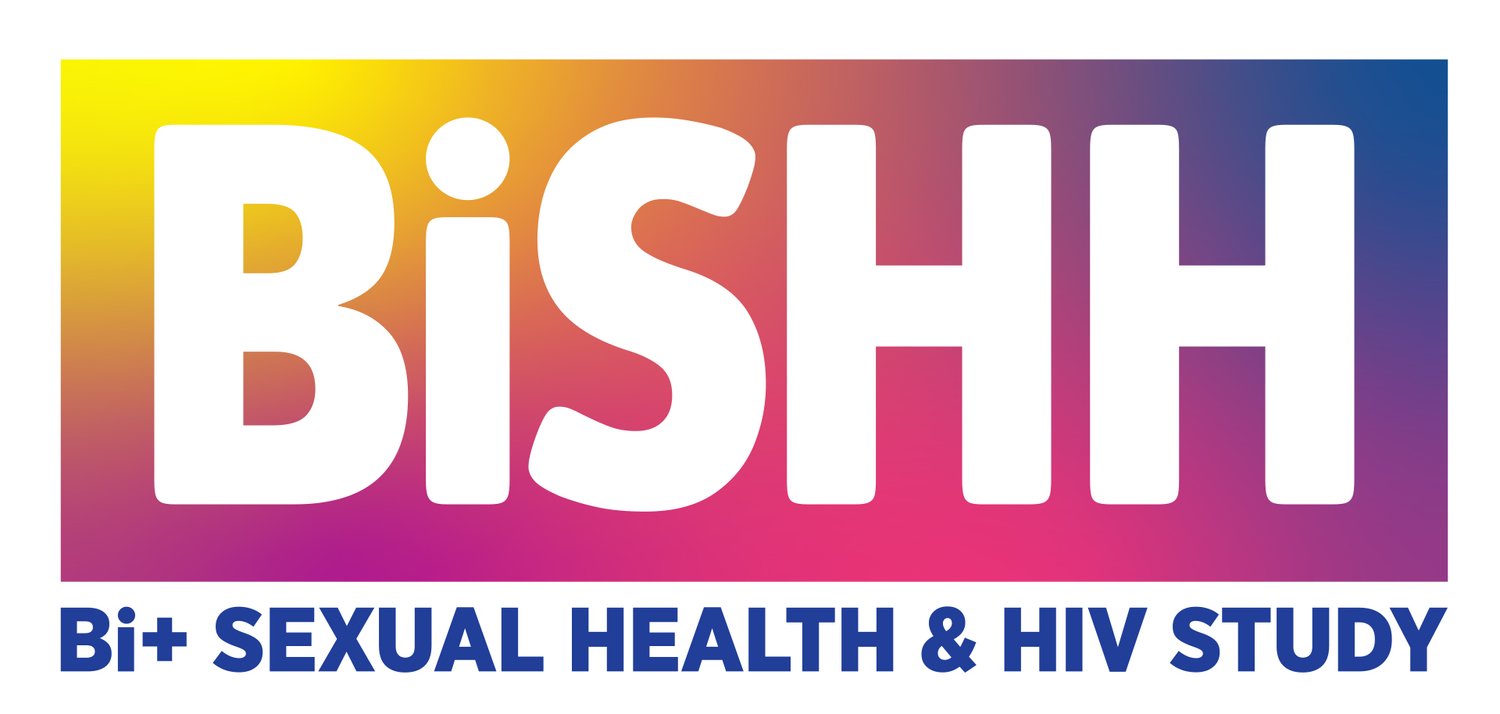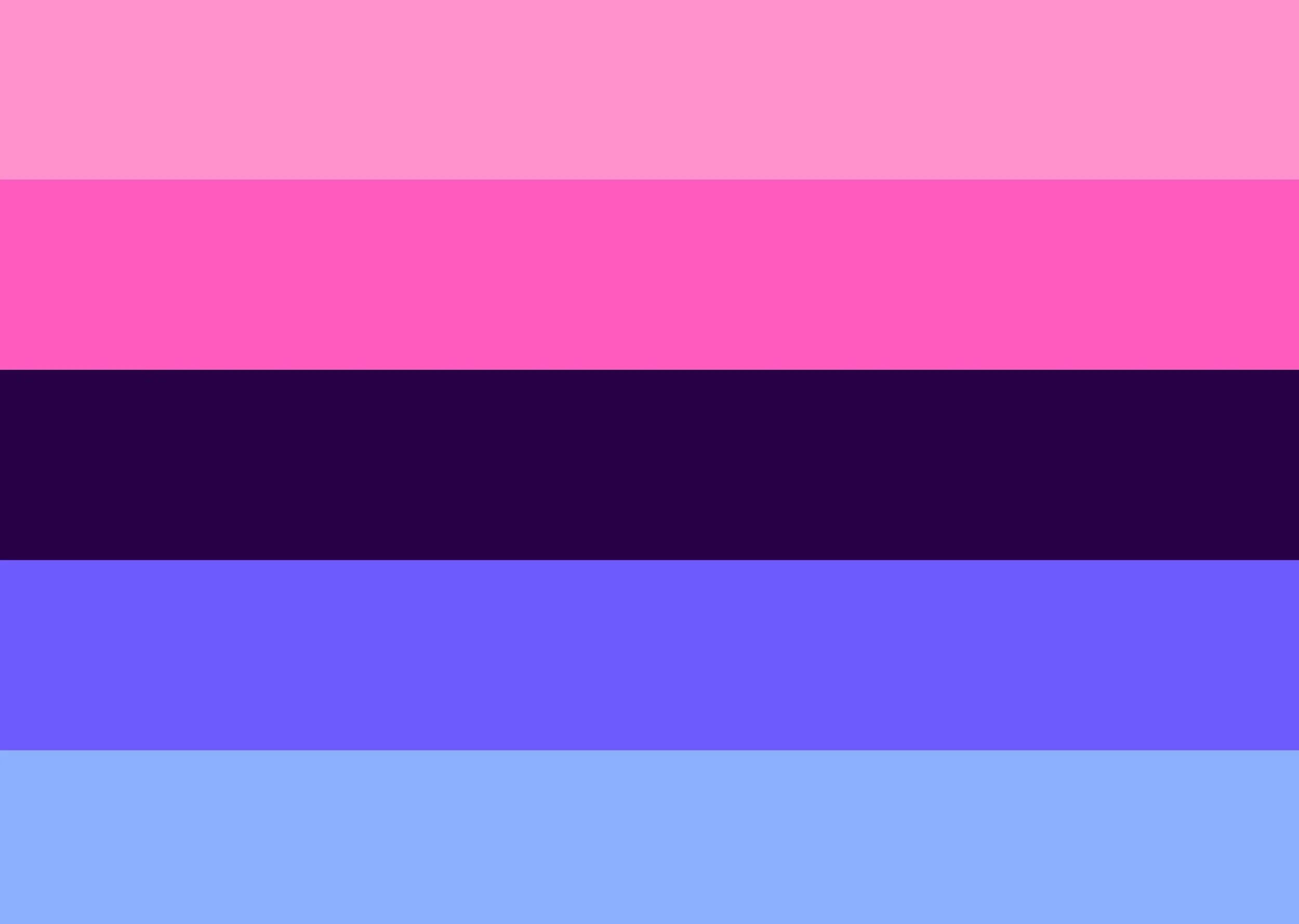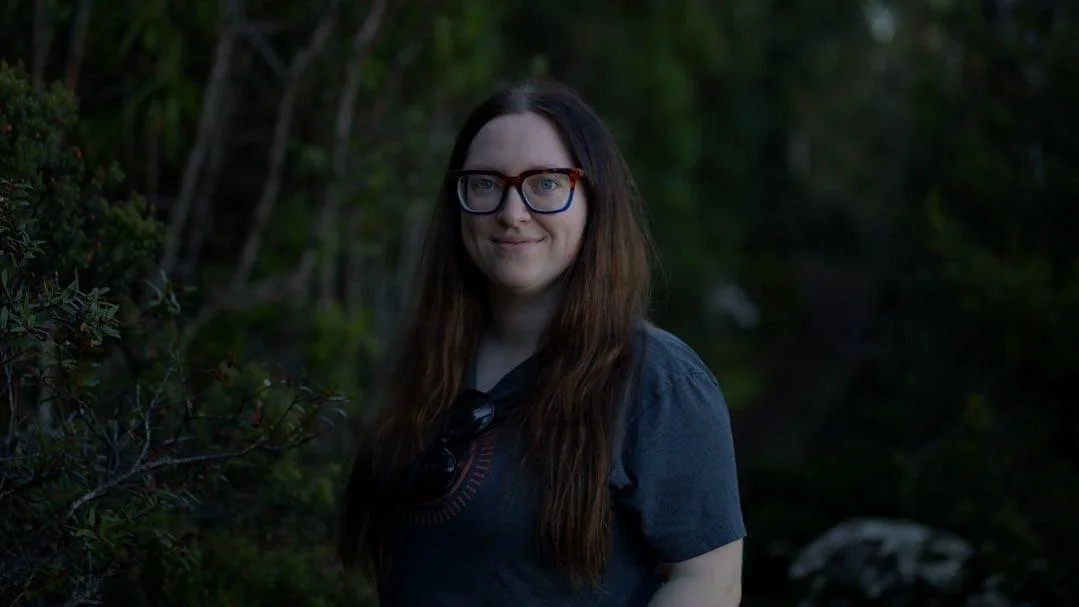About the BiSHH Study
(left to right) Flags representing bisexuality, pansexuality, polysexuality, and omnisexuality. These are some commonly shared identities that bi+ people identify with.
This study defines ‘bi+’ as…
An umbrella term for people who are attracted to more than one gender, although not necessarily at the same time, in the same way, or to the same degree.
-
This study is the first community-led and conducted online national survey to ask bi+ people in Australia about their sexual health, and other aspects of their health and wellbeing.
Questions will explore a range of topics related to sexual identity and attraction, sex, relationships, and sexual health (including STIs/HIV and health services) and social networks. The survey will also ask about potentially sensitive topics such as alcohol and drug use, types of sexual behaviour, discrimination, sexual violence and coercion, and mental health.
It should take about 30 - 45 minutes to complete.
The survey is completely anonymous and open to anyone who identifies with one or more of the terms fitting under the bi+ umbrella and/or who has sex with or attractions to people of more than one gender.
-
This study defines ‘bi+’ as an umbrella term for people who recognise in themselves the potential to feel sexual and/or romantic attraction to people of more than one gender, although not necessarily at the same time, in the same way, or to the same degree.
Bi+ people may identify with one or more terms such as bisexual / bi, bi+, pansexual / pan, queer, multi-gender attracted, fluid, polysexual, omnisexual, bicurious, heteroflexible, homoflexible and so on. However, some bi+ people may also identify with terms like gay, lesbian, heterosexual / straight.
In this study, ‘bi+’ also includes people who do not use any of these terms to describe themselves, but who have sex or attractions to people of more than one gender. This includes bi+ people who are public or private about their identity, attractions, or sexual behaviour.
-
This study is run as a collaboration between sexual health researchers, bi+ community organisations and bi+ community advocates.
This study was developed in close consultation with a Bi+ Research Advisory Group consisting of 12 bi+ community members from across Australia.
A list of the research team and community partners are below. The majority of the research team are also bi+ identified.
The study is funded and coordinated centrally by the Kirby Institute for Infection and Immunity in Society at UNSW Sydney. We also received additional funding from Gilead Sciences Inc (Gilead).
-
We need more data on the sexual health and relationships among people attracted to multiple genders. Despite a growing number of people identifying as bi+, there is a limited amount of bi+ specific research focusing on the sexual health and HIV needs of bi+ people in Australia. Available research often combines bi+ people with either lesbians or gay men or under the LGBTQ+ umbrella. The distinct experiences of bi+ people are therefore often missed, which perpetuates a lacking of bi+ specific data on our health and support needs.
Research Team
-
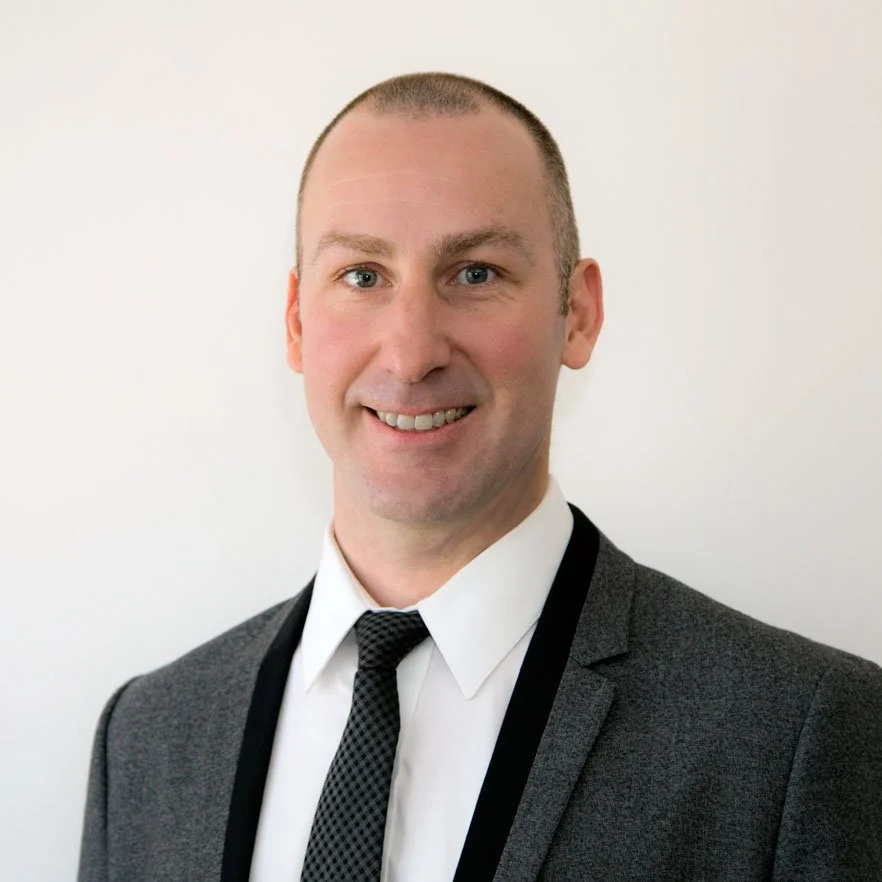
Dr Benjamin Bavinton
he/him
Kirby Institute -

Professor Christy Newman
they/them
Centre for Social Research in Health -
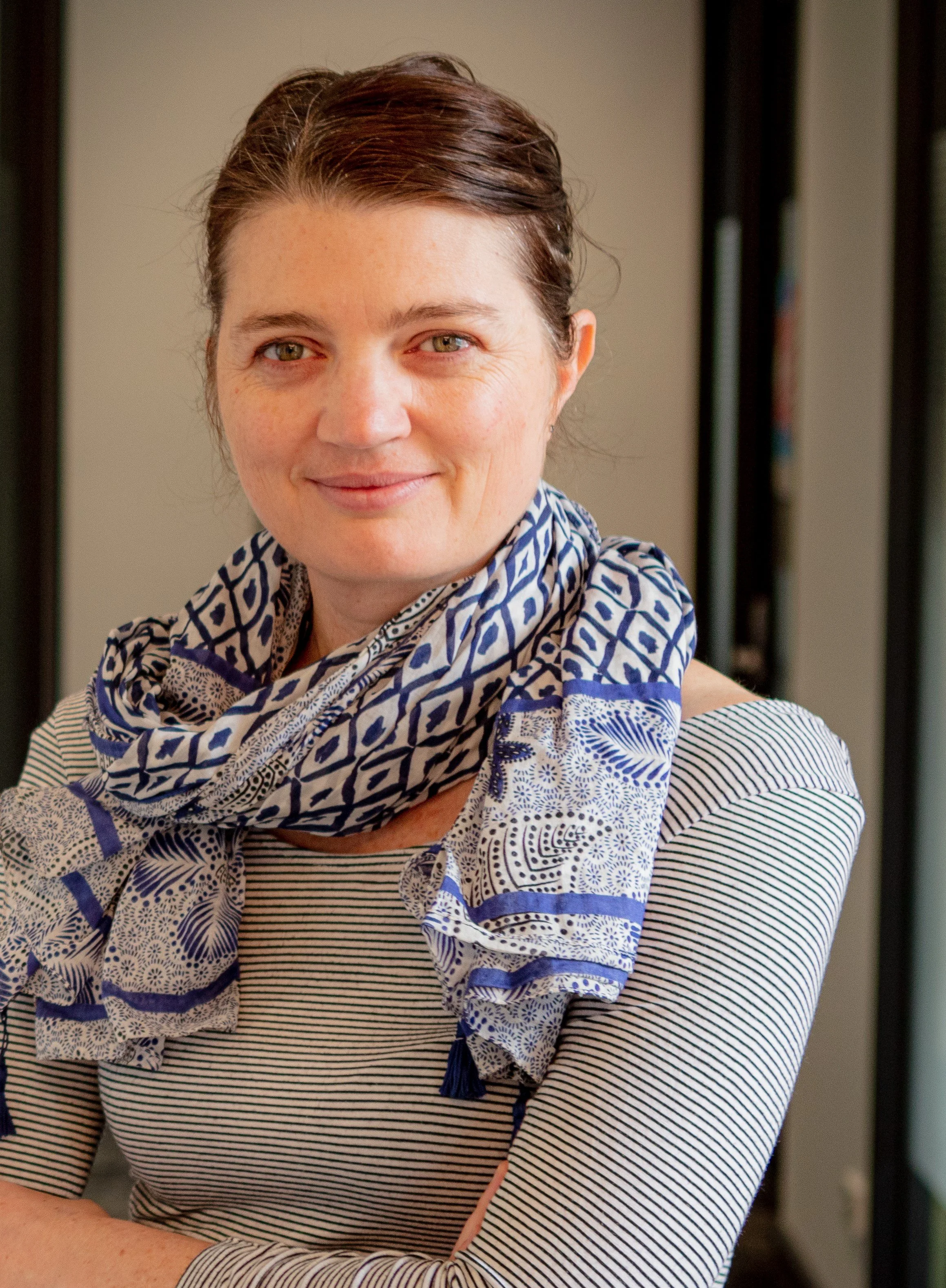
Associate Professor Jennifer Power
she/her
Australian Research Centre in Sex, Health and Society -
Dr Ruby Grant
she/her
Australian Research Centre in Sex, Health and Society -
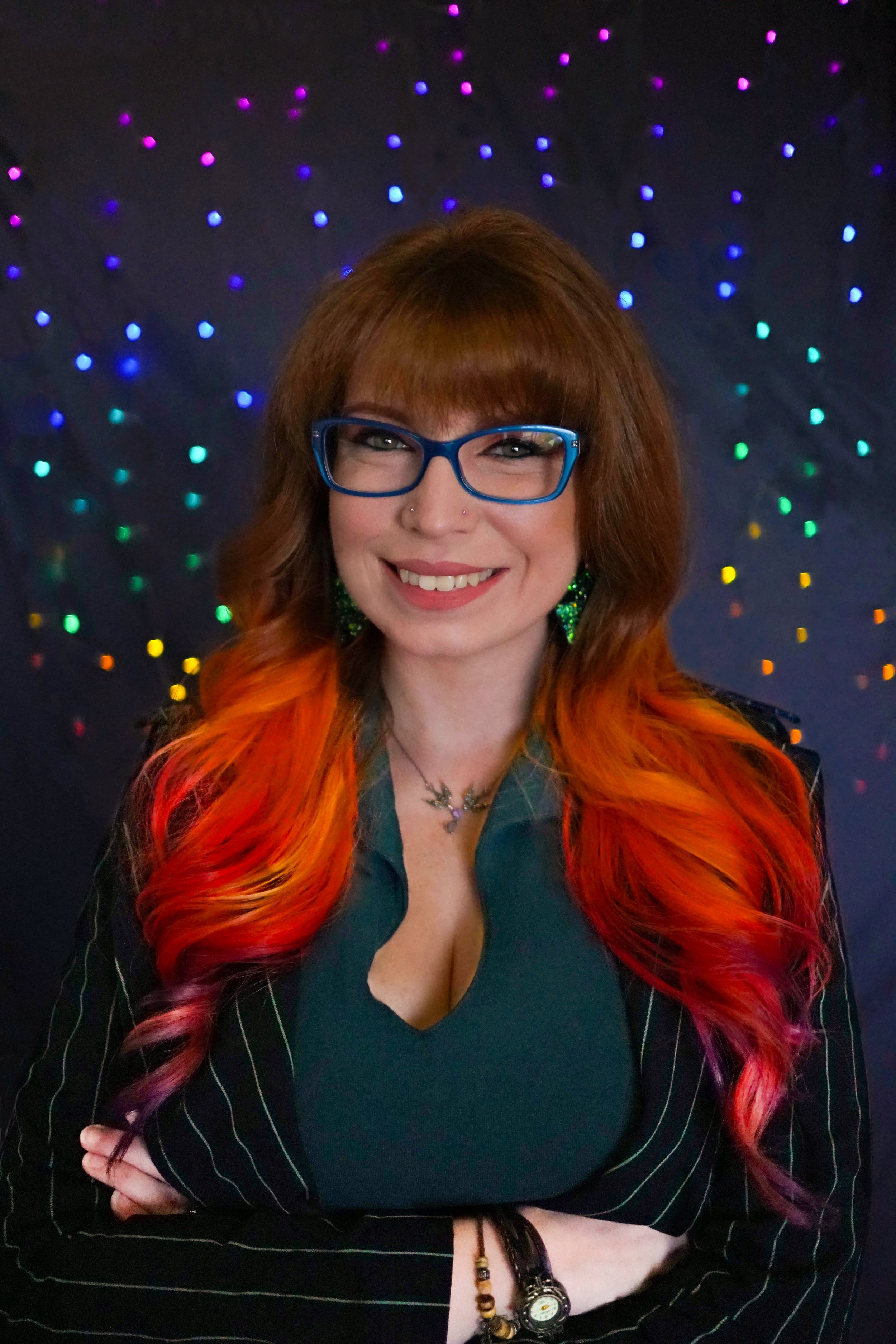
Dr Mandy Henningham
she/they
University of Sydney -
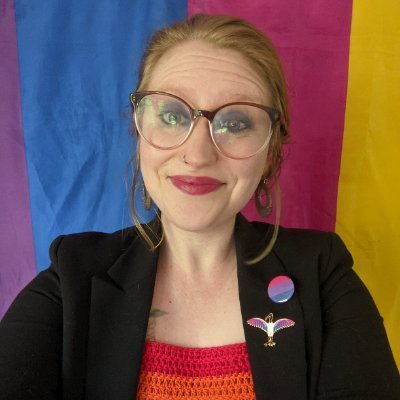
Mx Amber Loomis
they/them
Sydney Bi+ Network -

Mr Steve Spencer
he/him
Sydney Bi+ Network -

Ms Emily Goodnow Bjaalid
she/her
Australian Research Centre in Sex, Health and Society -
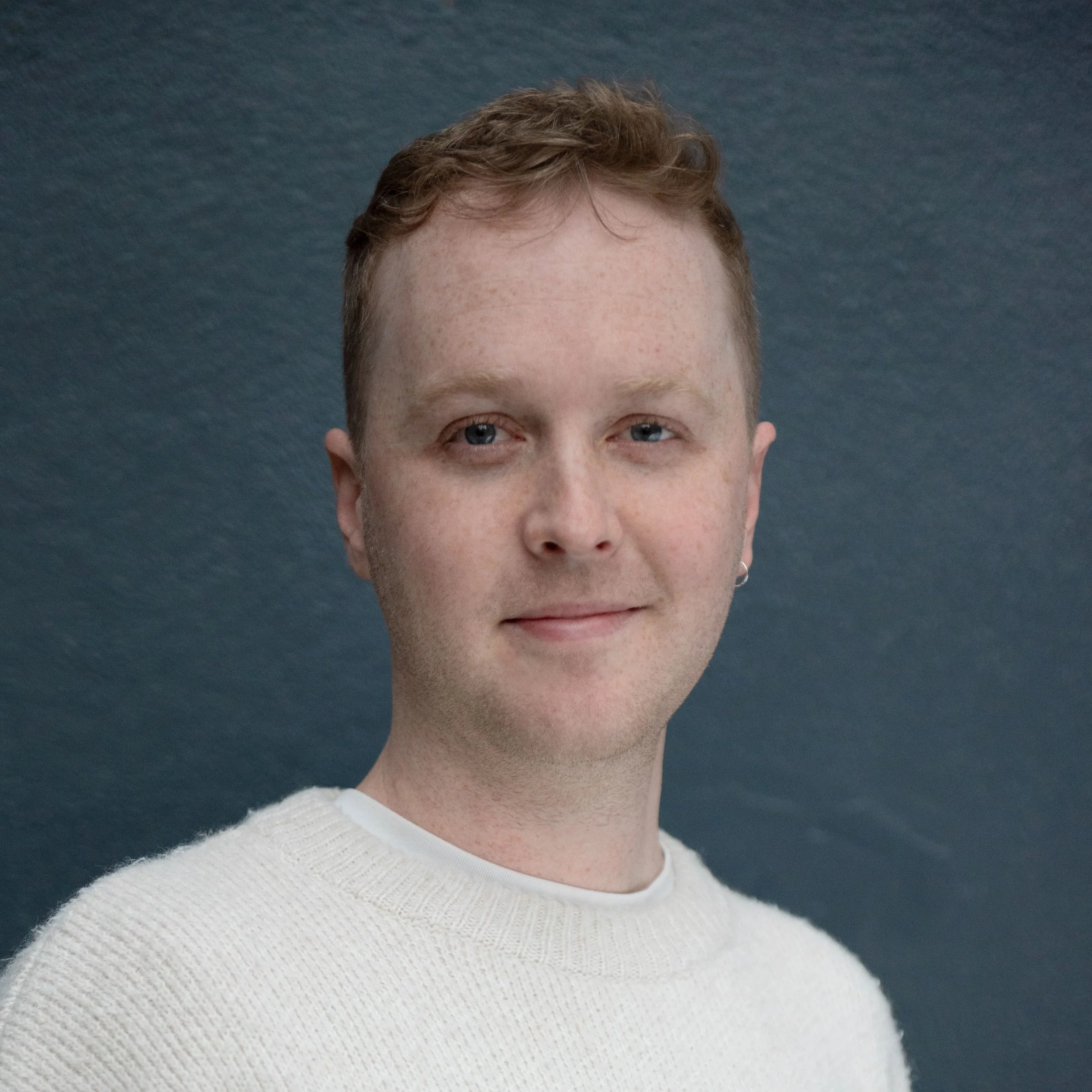
Mr Angus Molyneux
he/him
ACON -
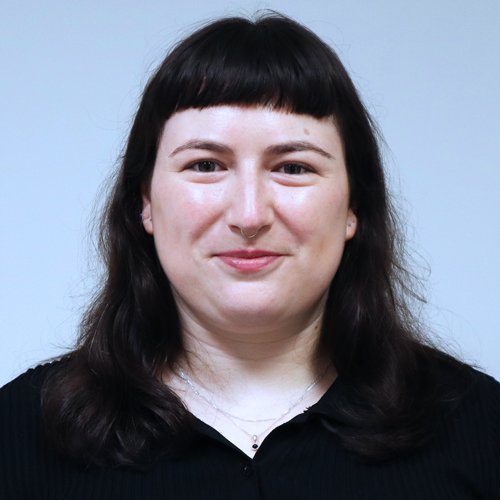
Ms Bella Bushby
she/her
Kirby Institute
